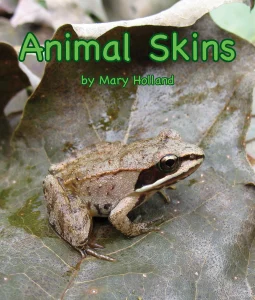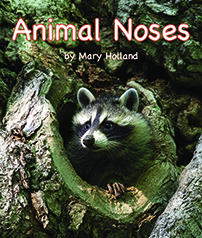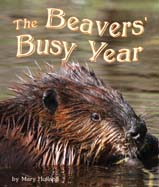Black-capped Chickadees Singing Their Spring Song
 Would it surprise you to learn that Black-capped Chickadees have at least 16 different vocalizations? The two most common are its “chick-a-dee” call and its “fee-bee” song. The “chick-a-dee” vocalization for which these birds are named is sung by both sexes throughout the year, but it’s especially common in fall and winter. This call is used to convey a number of different messages. It’s given when a bird is separated from its mate or flock, when chickadees are mobbing a predator (lots of dee notes), to notify others when a predator has left, and when a new food source is discovered.
Would it surprise you to learn that Black-capped Chickadees have at least 16 different vocalizations? The two most common are its “chick-a-dee” call and its “fee-bee” song. The “chick-a-dee” vocalization for which these birds are named is sung by both sexes throughout the year, but it’s especially common in fall and winter. This call is used to convey a number of different messages. It’s given when a bird is separated from its mate or flock, when chickadees are mobbing a predator (lots of dee notes), to notify others when a predator has left, and when a new food source is discovered.
The two-noted, whistled “fee-bee” vocalization is given mostly by males, although not exclusively. While it can be heard throughout the year, this song is most common in late winter and spring and thus is referred to as the chickadee’s spring song. When chickadees are singing their “fee-bee” song, they are advertising their territories and attempting to attract mates.
Naturally Curious is supported by donations. If you choose to contribute, you may go to http://www.naturallycuriouswithmaryholland.wordpress.com and click on the yellow “donate” button.


















What Other Naturally Curious People Are Saying